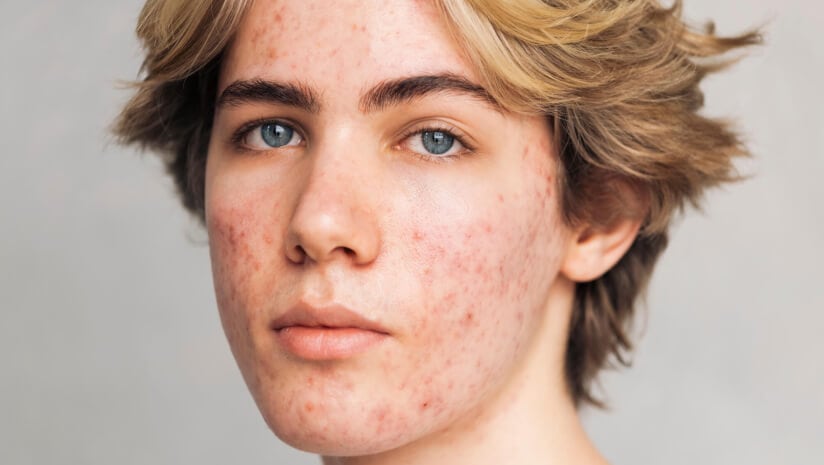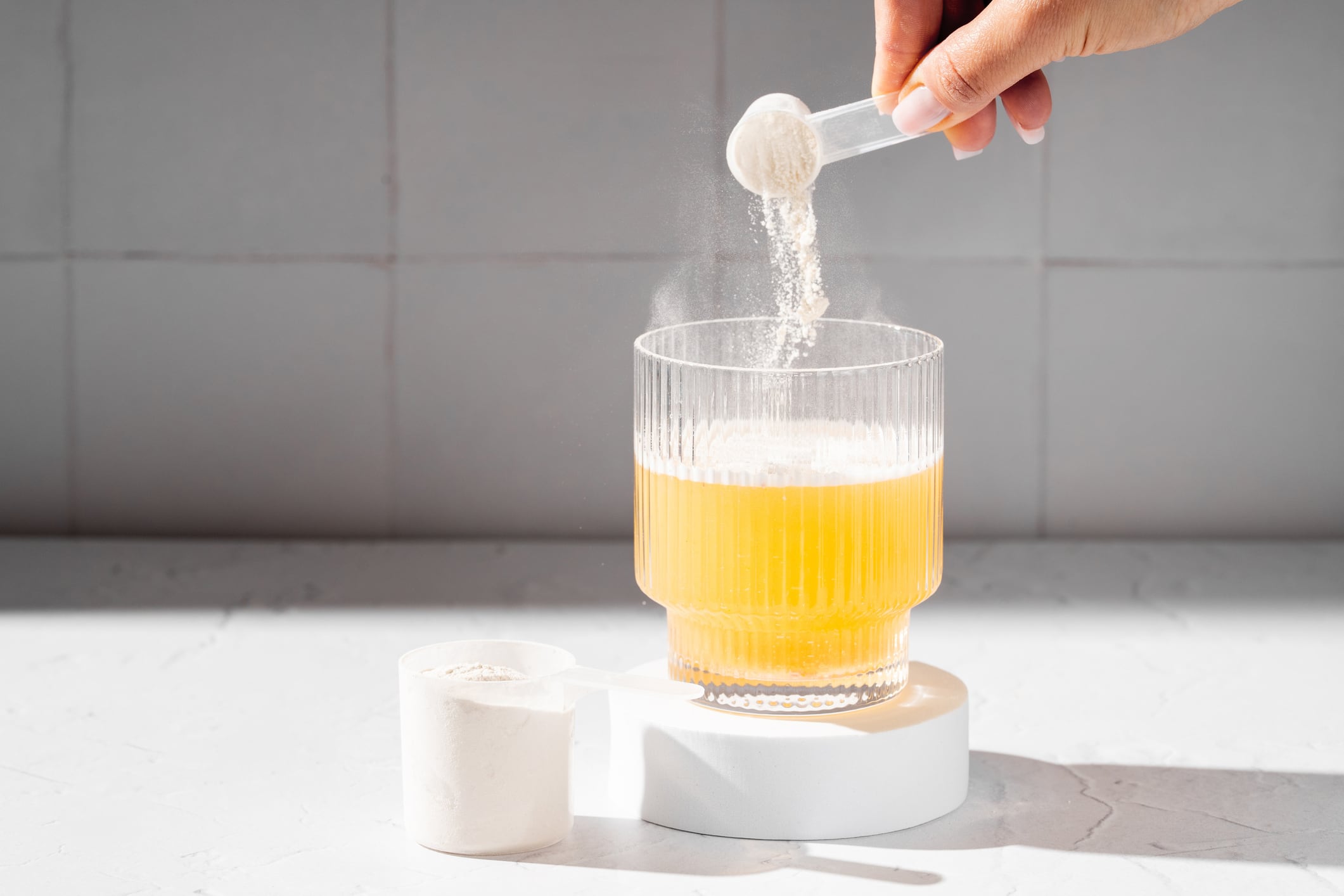Writing in the journal of Dermatology and Therapy, researchers from California-based Codex Labs, Integrative Skin Science and Research, and Integrative Research Institute found that several beneficial bacteria increased at least threefold in their study that investigated the connection between the skin-gut axis, hormones and acne. There was also a reduction in potentially harmful gut bacteria.
“We’re learning more that there might be gut dysbiosis at play with some acne patients and some hormone imbalances,” Dr. Jessica Maloh, ND, study author and advisor to Codex Labs, told NutraIngredients.
“What was super exciting with the study is to have two supplements that have a multifaceted approach, in other words, that are targeting different components of what might be contributing to acne and to then put them through this clinical trial and see significant reductions in both inflammatory and non-inflammatory lesions.”
She added that the diminishment in acne lesions was impressive. For example, by eight weeks with the myoinositol supplement, there was 61% reduction in inflammatory lesions as well as a 62% reduction in non-inflammatory lesions.
The researchers also evaluated the effects of an herbal-based supplement made from myoinositol, a type of sugar alcohol found in the body and in some foods, to tackle hormonal concerns with acne sufferers. They found that certain androgen hormones, specifically with the use of the myoinositol supplement, decreased. These hormones often play a role in acne connected to polycystic ovary syndrome (PCOS).
Dr. Maloh added that a moment of insight for the scientific team was that these interventions have the potential to not only help with reducing acne lesions but may also support other facets of health.
“There was one particular study separate from our own clinical trials that we had looked at where a group of women with PCOS were taking myoinositol as a supplement,” she said. “And over the course of the study, [researchers] ended up finding significant reductions in the acne of these women. We knew that based on that mechanism, it was something that had potential to be helpful for acne patients with mild-to-moderate acne.”
Dysbiosis
Acne, a chronic inflammatory disease of the pilosebaceous unit, can cause comedones, papules, pustules, nodules, scarring and post-inflammatory hyperpigmentation that typically impacts the face, chest and extremities. Some studies suggest up to 80% of people may experience acne at some point in their lives, along with its psychosocial burden.
“Since acne has a hormonal influence, medications such as spironolactone and oral contraceptives are often utilized,” the researchers wrote. “Although efficacious, many of these options carry side effects and risks. For example, the use of oral antibiotics increases the risk for bacterial resistance, gastrointestinal symptoms, yeast infections and overgrowth of pathogenic bacteria... Given these concerns, there has been growing interest in the role of alternative therapies for acne, many of which target systemic or distant factors and may act synergistically with pharmaceutical options.”
As for dysbiosis, it may not cause acne, but researchers are beginning to learn that there are associations between them. There could be a connection between a reduction in short chain fatty acid producers in the gut microbiome, though researchers need more of this type of data, Dr. Maloh said. Short chain fatty acids—whether acetate, butyrate or lactate—can have anti-inflammatory effects.
Operating on the concepts of the skin-gut axis, the researchers suggested that oral probiotics have therapeutic potential in skin conditions by mitigating gut dysbiosis.
Study details
The eight-week, randomized study involving 36 male and female patients between the ages of 12 and 45 with non-cystic acne. Participants received either the synbiotic or the myoinositol-based herbal supplement. The researchers counted acne lesions and took stool samples for gut microbiome and short chain fatty acid analyses. They tested hormones at baseline at four and eight weeks.
The synbiotic and myoinositol-based supplements used in the study are commercially available from Codex Labs (San Jose, California) under the trade names Shaant Clear Skin and Shaant Skin De-Stress, respectively. Codex Labs funded the study.
Participants assigned to the Shaant Clear Skin group took two 77 mg capsules daily. Researchers told participants in the Shannt Skin De-Stress group to mix one scoop (5.6 g) into a single serving of water (8 oz.) once daily.
For the myoinositol group, there were significant reductions in estrone, 17-OHP and androstenedione, suggesting notable effects on steroid hormone metabolism, the scientists explained. Synbiotic supplementation may influence hormone levels, too, particularly increasing estradiol in the short run.
“The data from this study suggests that both a synbiotic and a myoinositol-based herbal supplement can improve non-cystic acne, augment SCFA-producing beneficial bacteria in the gut while reducing pathogens, increase SCFAs in the stool and plasma, and reduce precursors to androgens that drive acne pathogenesis,” the researchers wrote.
Dr. Maloh said the overall takeaway is that acne does not have only one cause and that science indicates it may go beyond the skin.
“It’s very important to have a multifaceted approach that will hopefully not only support acne lesions but address other parameters of health,” she said. “We’ve been able to find potentially supporting beneficial microbiomes at the gut level with potentially increasing anti-inflammatory markers like short chain fatty acids. I think in future trials we will also further look into the effect of these things on mood and psychological stress.”
Source: Dermatology and Therapy. doi: 10.1007/s13555-025-01411-4 . "Prospective Comparative Study of an Oral Synbiotic and a Myoinositol-Based Herbal Supplement in Modifying Hormone Levels and the Gut Microbiome in Non-cystic Acne". Authors: Mildred Min et al.



